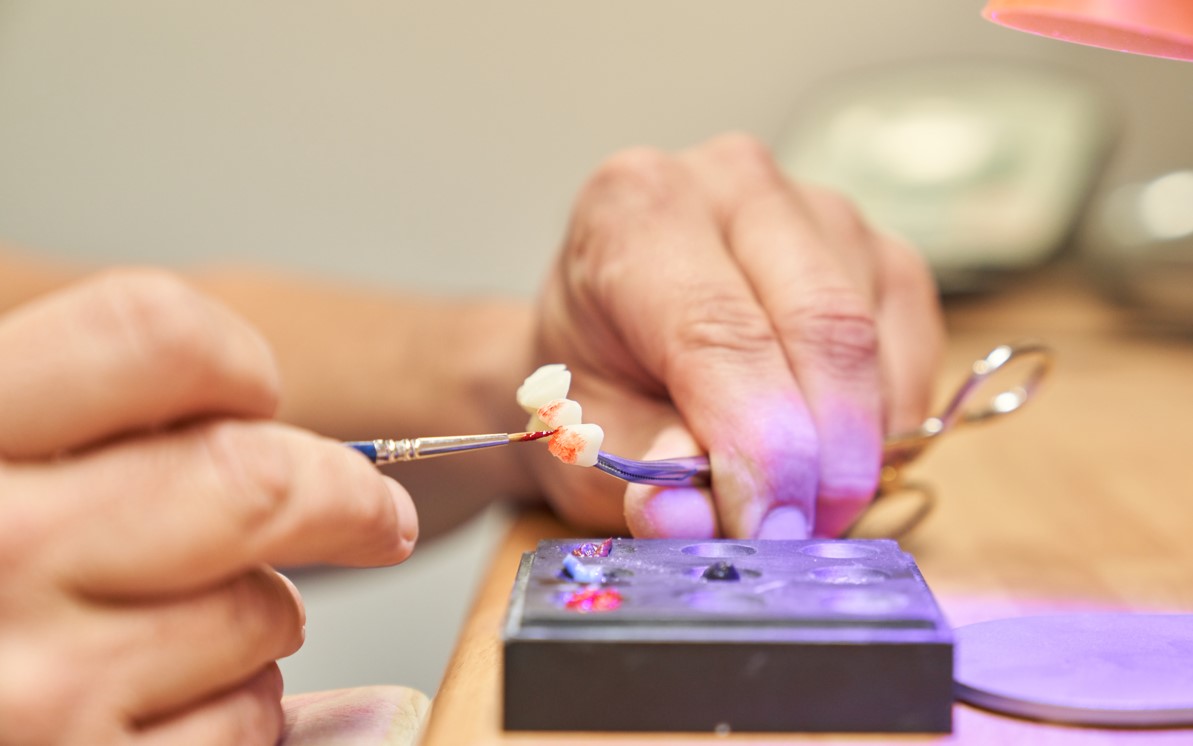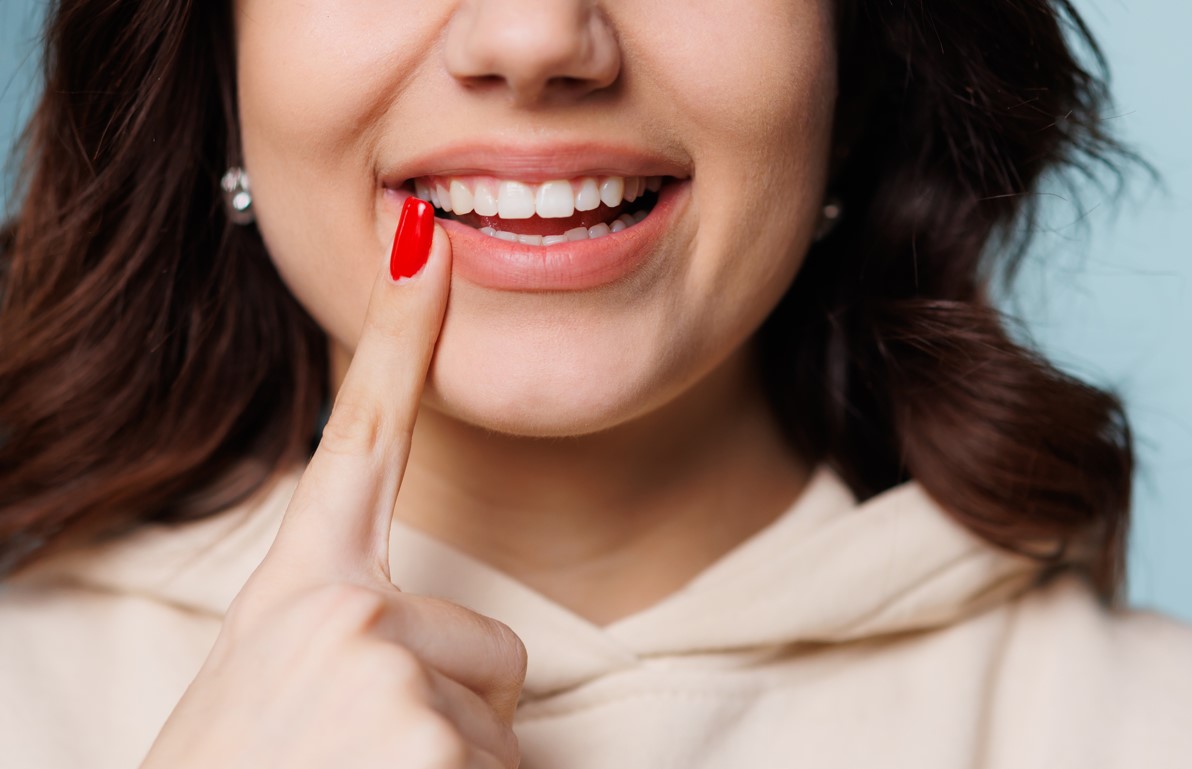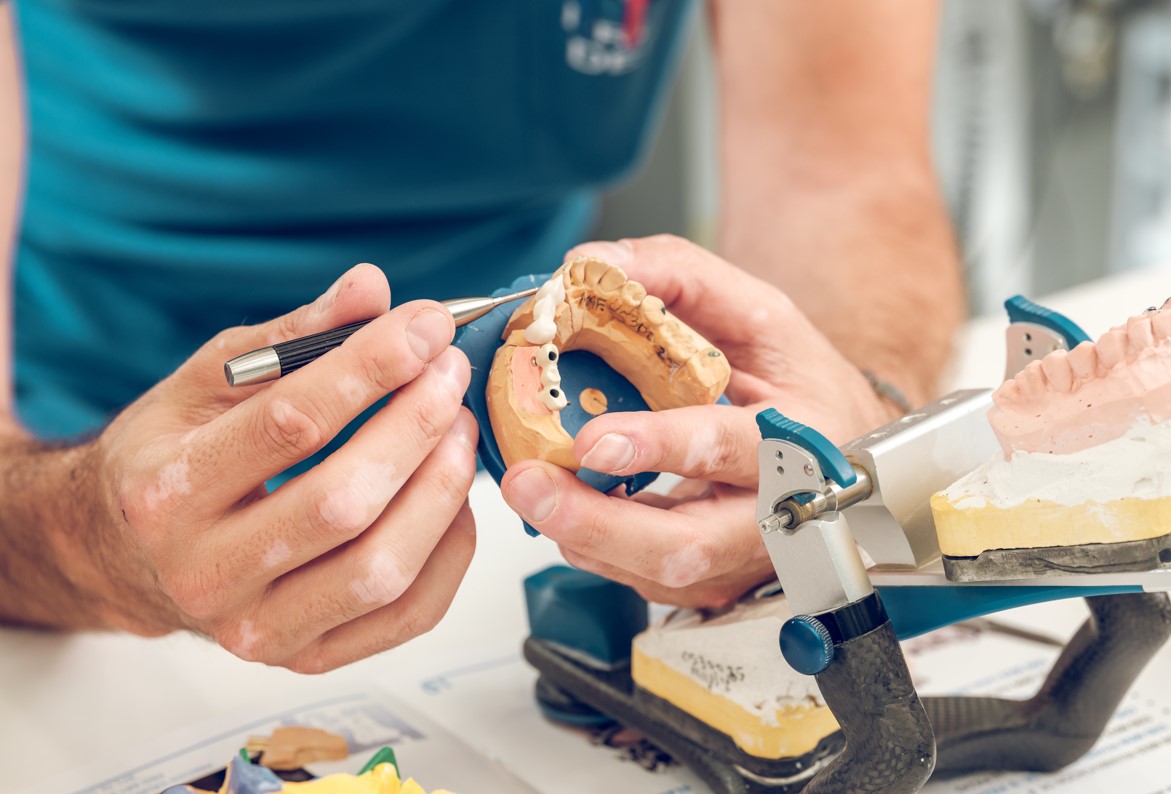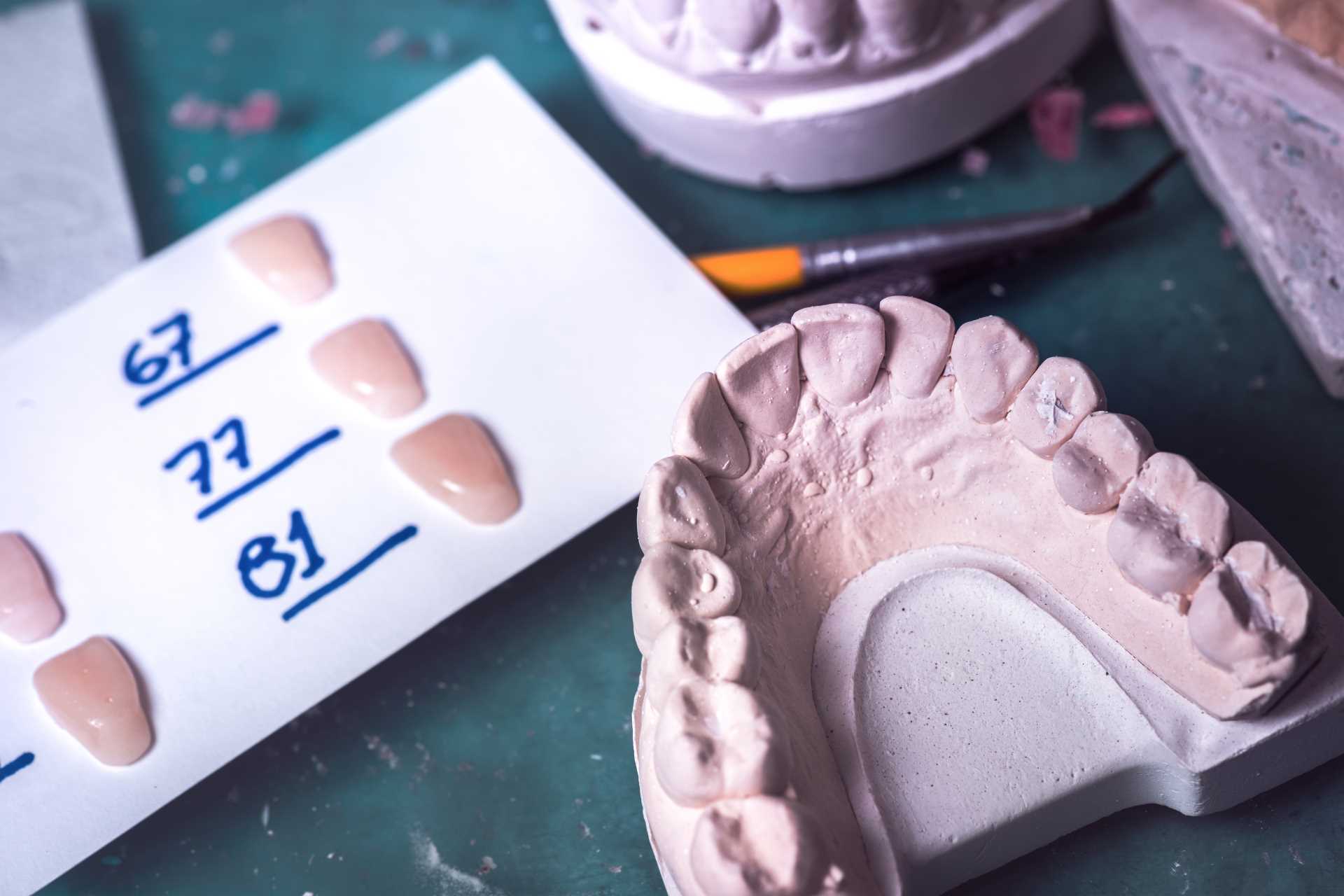4 Reasons Why Not to Sleep Wearing Dentures
People get dentures for various reasons. Some wear them to get a smile makeover, others because they have suffered from dental complications in the past, but regardless the reason, you may feel very grateful for being able to show off your pearly whites once again, eat things you were not able to in the past, speak with clarity and, best of all, smile once more with confidence. It is for these reasons, and many others, that caring for your dentures is an important step to maintaining good oral health. Brushing your dentures regularly with a special soft-bristle denture brush and rinsing your mouth after eating are obvious things that help you look after your false teeth, but something many people do not realize is how important it is to remove your dentures at night before bed. Below, we will discuss 4 reasons why sleeping off wearing your dentures must be avoided in order to ensure good dental and overall health.
1. Your gums can get sore
Wearing dentures can be quite hard on the mouth, especially on the gums and jaw bone. The reason for this is because these areas are the ones mainly responsible for keeping your dentures in place. If you do not remove your dentures before bed, it is very likely that your gums will get red and swollen because of the constant pressure applied by your denture. In order to avoid sores and inflammation, remove your dentures before bed.
2. Chances of getting pneumonia greatly increases
Studies have shown that your chances of getting pneumonia greatly increase if you wear your dentures at night because of two main reasons. Firstly, by leaving your dentures in 24 hours a day, you are creating an ideal breeding space for bacteria which can then be inhaled into your lungs and lead to the contraction of pneumonia. Secondly, because of the act of swallowing saliva is made more difficult when you wear dentures, you are more likely to force that moisture into your lungs which can also lead to chest infections such as pneumonia. Therefore, be sure to remove your dentures at night to facilitate swallowing and to prevent bacteria, such as yeast, from entering your lungs.
3. Chances of getting denture-related stomatitis greatly increases
Denture-related stomatitis basically comes down to an infected palate. This condition is very visible because, when contracted, the roof of the mouth becomes red and inflamed due to over-exposure to mouth bacteria. It is most common in people that wear full upper dentures and so, if this is your case, be sure to remove it at night to avoid infecting the tissues beneath the denture.
4. Resorption and bone loss accelerate
Resorption occurs when the bones under the gums become thinner and more brittle due to the constant pressure of wearing dentures. As a result, the new shape of your jaw can cause your false teeth to not fit properly and therefore, effortlessly fall out. Also, by affecting the bone structure in your face, resorption can make you experience unwanted changes in your facial expressions and looks.
Caring for your false teeth, whether it be for partial or full denture, is an important step in maintaining good oral health. Doing things such as brushing your teeth with specialized denture brushes, rinsing your mouth regularly and, as we’ve discussed, removing your dentures at night are all very important steps in ensuring denture care. Also, visiting your denture clinic regularly is highly recommended as it may prevent dental complications caused by false teeth such as infections and diseases.
Related Posts

Foods to Avoid with Dentures
Foods to Avoid with Dentures Dentures are a majorly beneficial and life changing solution for many people around the world, however, that doesn’t mean they don’t come with responsibility and the need for proper upkeep. It’s important to ensure you’re eating the correct foods and drinking the right drinks that keep your dentures intact and

Do Partial Dentures Look Natural?
Do Partial Dentures Look Natural? The simple answer is yes, partial dentures can look natural. But there are a few things you need to know in order to make sure that yours look their best. Partial dentures are specifically designed to match the shade and shape of your existing teeth, so they should blend in

Dentures and Saliva – What You Need to Know
Dentures and Saliva – What You Need to Know If you wear dentures, saliva problems may be an issue that you have to deal with on a daily basis. Dentures and saliva have a complex relationship. Saliva helps to keep your mouth moist and aids in the digestion of food as well. Without enough saliva,

Can You Get Same Day Dentures: An Informative Guide
Can You Get Same Day Dentures: An Informative Guide Same day dentures are generally referred to as immediate dentures and are often so used as a resolution and replacement for individuals who have had teeth removed. Although they are an immediate solution, they are only temporary to fill in the missing space in the gums.

How Are Dentures Made?
How Are Dentures Made? Have you ever wondered how are dentures made? As dental prosthetists, we get asked this question a lot, so we set out to answer the question of how are false teeth made and shed some light on the denture making process. How are Dentures Made to Perfectly Fit Each Individual Patient?

Famous People with False Teeth
Famous People with False Teeth We know that getting dentures can be a daunting new experience, and you may feel insecure about your new set of teeth. All of this will go away once you’re used to your pearly whites, and the uncomfortable sensation you’re feeling will subside. No matter your age, there’s no need
We do whatever it takes to bring you peace of mind
1300 304 092
Call us today
